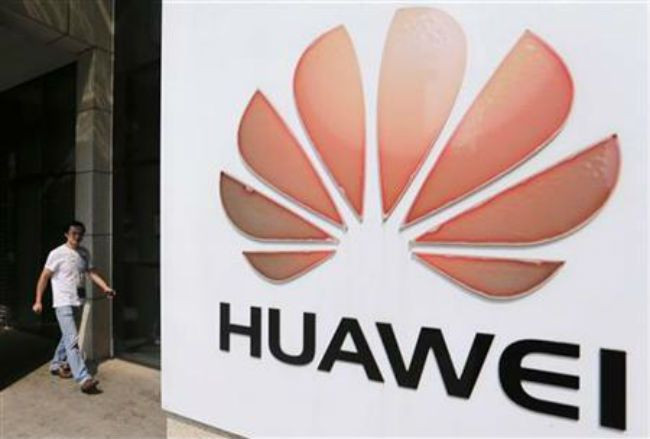The U.S. has broadened its clampdown on Huawei by issuing a new rule that requires foreign manufacturers using American chipmaking equipment to obtain a license before they are able to sell semiconductors to the Chinese firm. The new rule does not only leave Huawei with fewer options to obtain critical chips but also puts it at the brink of an absolute break from key semiconductors.
A group of analysts said Huawei is at risk of losing billions of dollars in revenue if it fails to gain access to the components it needs. “The U.S. moves represent a significant tightening of restrictions over Huawei’s ability to procure semiconductors,” said technology analyst Dan Wang. “That puts into significant jeopardy its ability to continue manufacturing smartphones and base stations, which are its core products,” he added.
Even before the new law was imposed, Huawei had already been dealing with very limited options to procure chips. In May, the amended foreign-produced direct product rule (FDPR) delivered a huge blow to Huawei as it limited the company’s ability to obtain chips.
The Department of Commerce took further action on Monday when it added 38 Huawei affiliates to its blacklist called the Entity List. This list includes the names of companies that U.S. firms are not allowed to conduct business with. The U.S. government also amended the FDPR to cover instances where U.S. software or technology is the basis for a foreign-produced item that will be used to produce or develop any part, equipment or component produced, bought, or ordered by any of the Huawei affiliates on the Entity List.
Although Huawei designs the Kirin chips for its smartphones and another line of chips for the servers of its data centers, these chips are manufactured by Taiwan’s TSMC. Following the new U.S. rule, however, the manufacturing company confirmed in a statement that it would no longer supply chips to Huawei starting mid-September.
According to analysts, the latest move by the Commerce Department is one of the U.S. government’s toughest moves against the company yet and may potentially choke off Huawei’s business lines. “A worst-case scenario, which appears increasingly likely, could amount to a near-total cutoff of semiconductors to Huawei, dealing a lethal blow to China’s most important global technology company,” said Eurasia Group on Monday.

© 2025 Latin Times. All rights reserved. Do not reproduce without permission.



